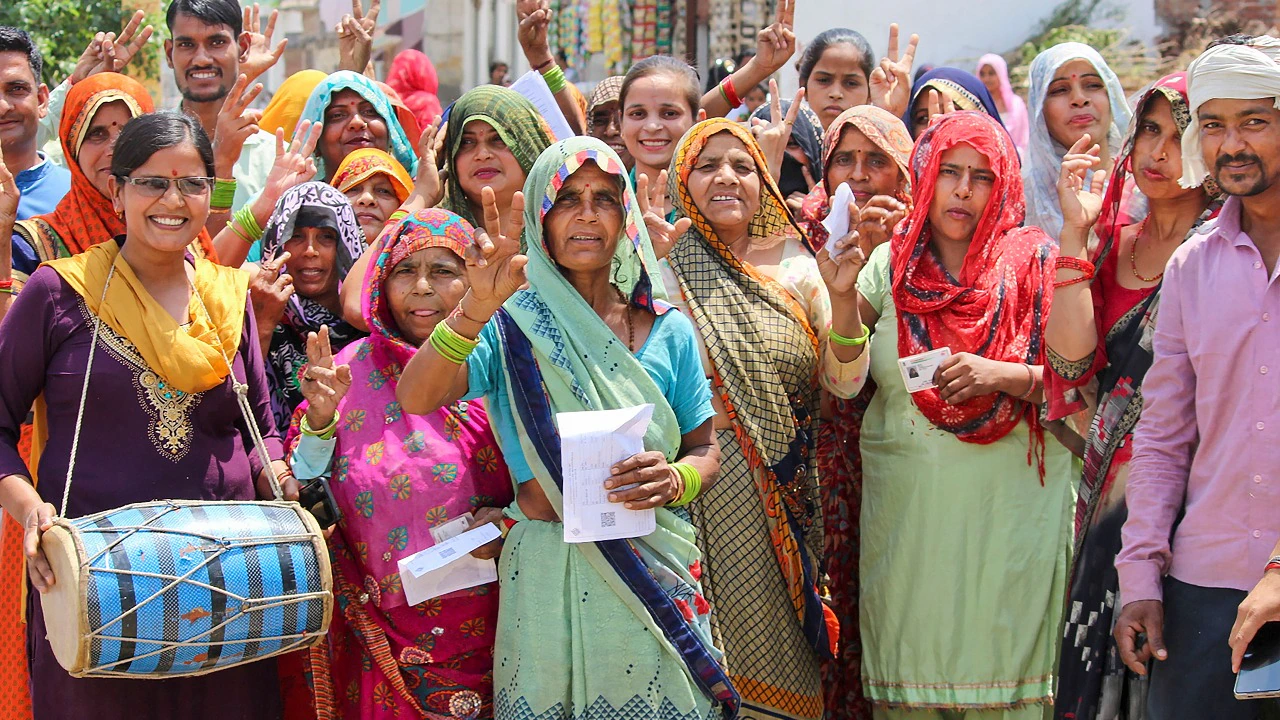New Delhi: Voter turnout can dip for a variety of reasons, and understanding the factors behind it often requires looking at a combination of social, political, and systemic issues. Here are some key factors that contribute to declining voter turnout:
- Voter Apathy and Disillusionment:
- Lack of Trust in Government: When people feel that their votes do not lead to meaningful change or that politicians are not responsive to their needs, they may become disillusioned and less likely to vote.
- Negative Campaigning: Constant exposure to negative campaigning and political scandals can lead to a sense of cynicism and disengagement.
- Socioeconomic Barriers:
- Economic Hardship: People struggling with economic issues may prioritize immediate survival over voting, especially if they need to work multiple jobs or deal with financial stress.
- Education and Awareness: Those with less education may feel less informed about the voting process or the importance of their vote, leading to lower turnout.
- Systemic and Structural Issues:
- Voter Suppression: Practices such as strict voter ID laws, purging of voter rolls, and limited polling places can disproportionately affect minority and low-income communities, reducing turnout.
- Complex Voting Processes: Complicated registration processes, lack of early voting options, and difficulty in accessing mail-in ballots can discourage participation.
- Political Polarization:
- Disillusionment with Parties: High levels of political polarization can make voters feel that neither party represents their views, leading to disengagement.
- Perceived Lack of Choices: If voters feel that the choices available do not reflect a meaningful difference or represent their interests, they may opt not to vote.
- Demographic Shifts:
- Young Voters: Younger populations often have lower turnout rates. They may feel disconnected from traditional political processes or believe that their participation is not impactful.
- Mobility: Higher rates of geographic mobility can lead to lower voter turnout as people moving frequently might not update their registration in time or may feel less connected to their new community.
- Election-Specific Factors:
- Midterm vs. Presidential Elections: Turnout is typically lower in midterm elections compared to presidential elections due to perceived lower stakes.
- Lack of Competitive Races: If elections are perceived as non-competitive or predetermined, voters may feel their vote will not make a difference.
Addressing these issues involves a combination of policy changes, public engagement efforts, and reforms aimed at making voting more accessible and meaningful for all citizens. Efforts such as simplifying the registration process, ensuring equitable access to polling places, and increasing civic education can help improve voter turnout.

---------------------------------------------------------------------------------------------------














